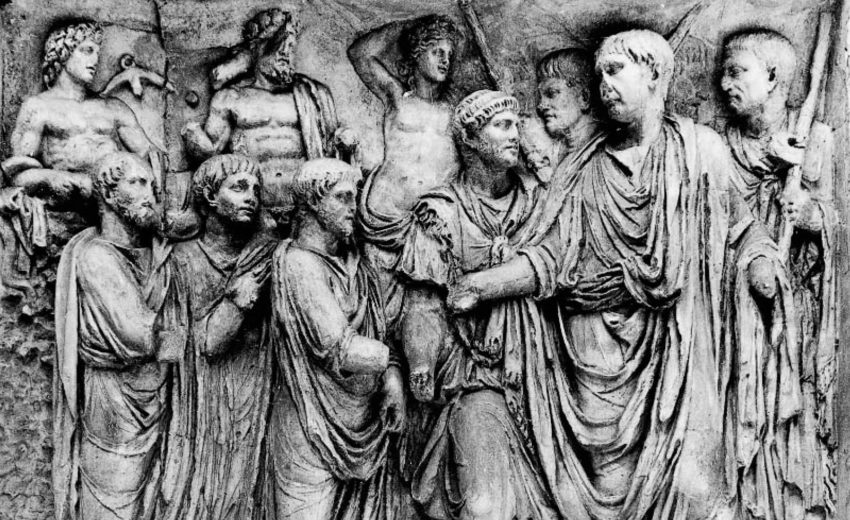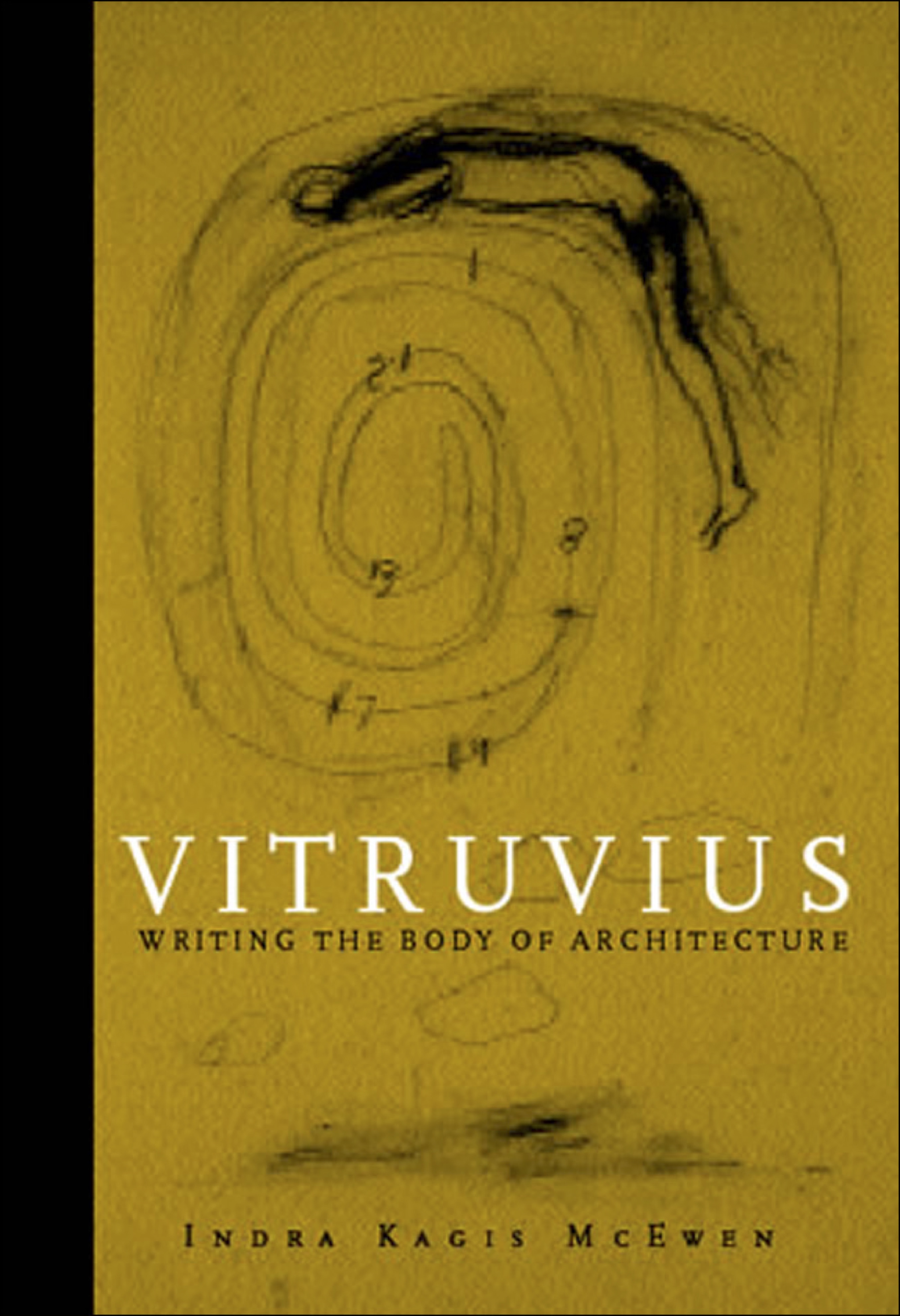
McEwen, Vitruvius Writing the Body of Architecture
Vitruvius, as he himself lamented, was not a success professionally nor was he a talented writer, yet his De architectura , written for the new emperor Augustus, was the single most important architectural text for 1600 years. This scholarly and well-illustrated study examines the historical framework for the text, including the influence of contemporary philosophical thought and actual events, such as Augustus establishing his kingship and divinity. McEwan considers the ways in which Vitruvius united ten scrolls into one text and how the book was a product of the Roman concept of honour and patronage. Chapters also examine the links Vitruvius made between buildings and the human body, the idea of kingship and Augustus’ unprecedented building programme. The study combines historical analysis with a close reading of the text and is illustrated throughout with examples of Greek and Roman buildings and artworks.
Download
McEwen_Vitruvius Writing the Body of Architecture.pdf
McEwen_Vitruvius Writing the Body of Architecture.txt
McEwen_Vitruvius Writing the Body of Architecture.html
McEwen_Vitruvius Writing the Body of Architecture.jpg
McEwen_Vitruvius Writing the Body of Architecture.zip



